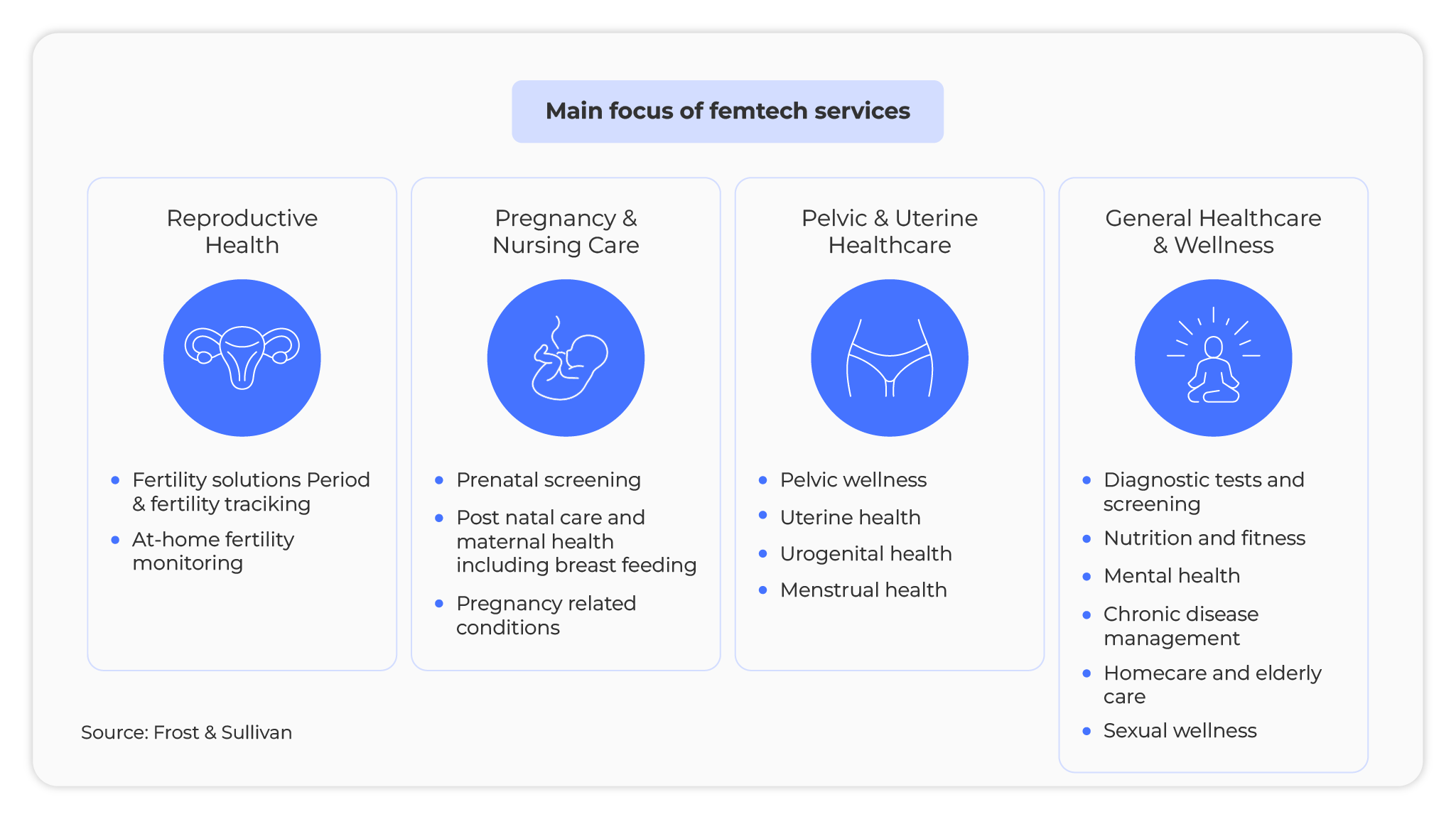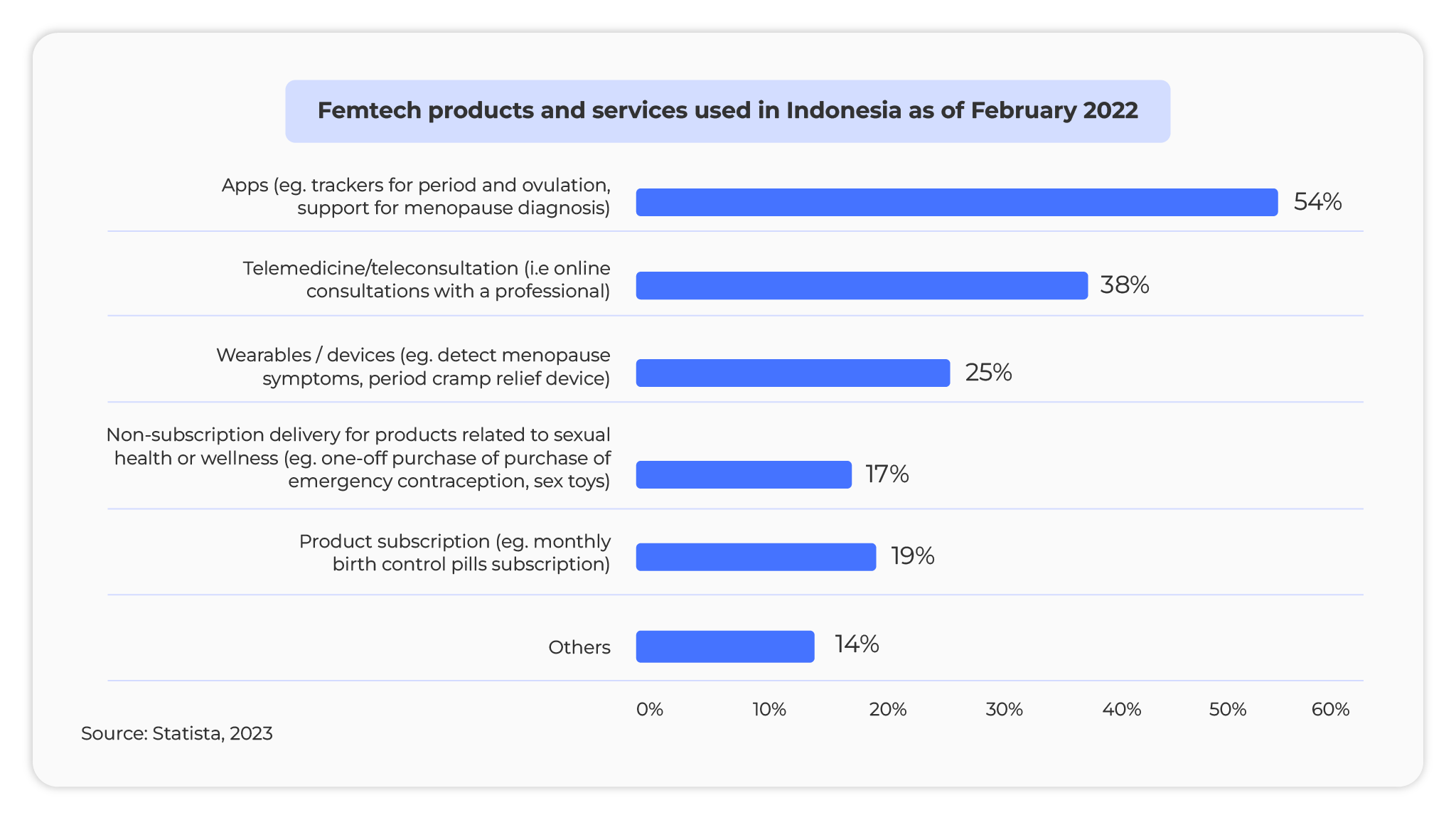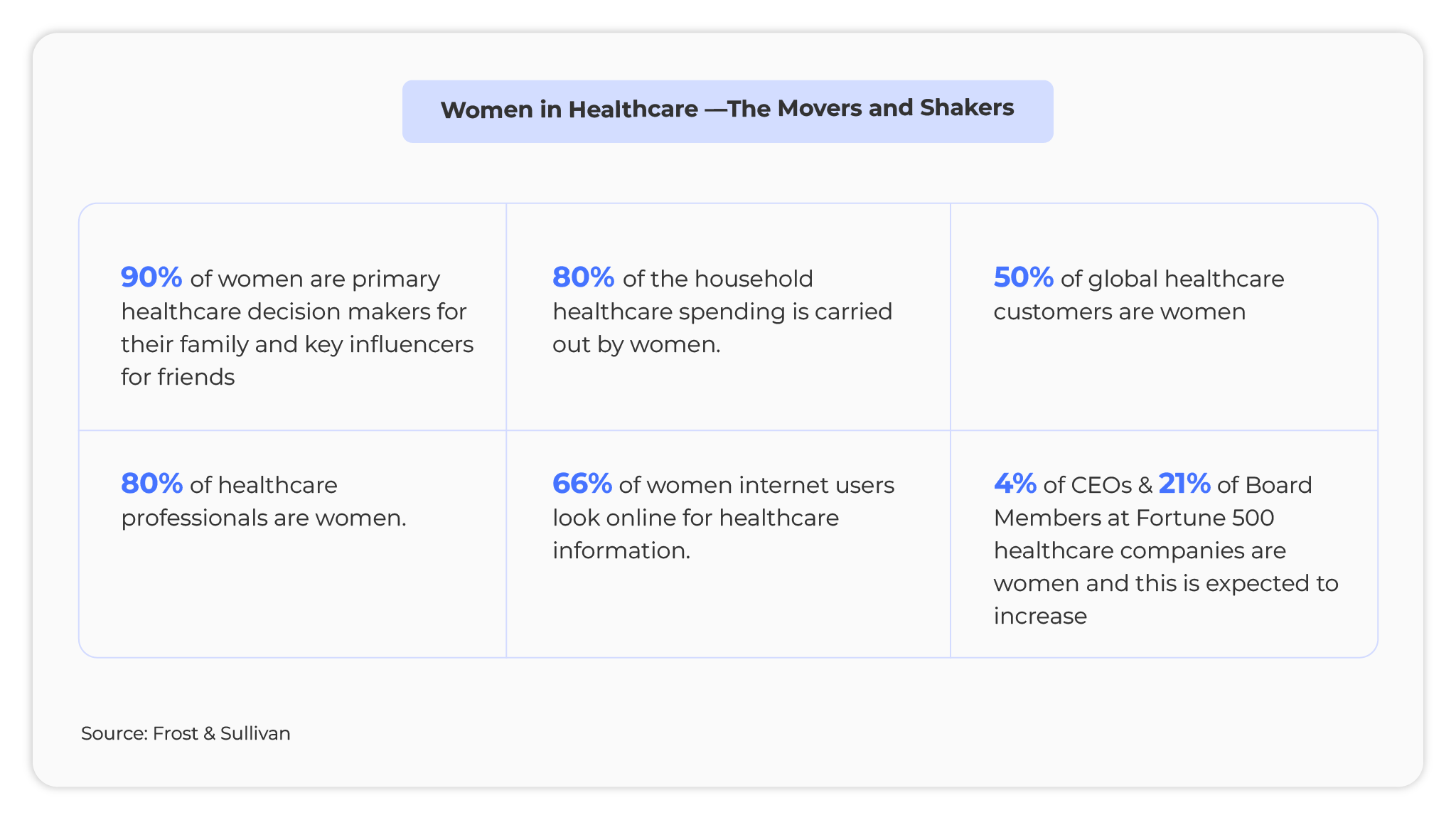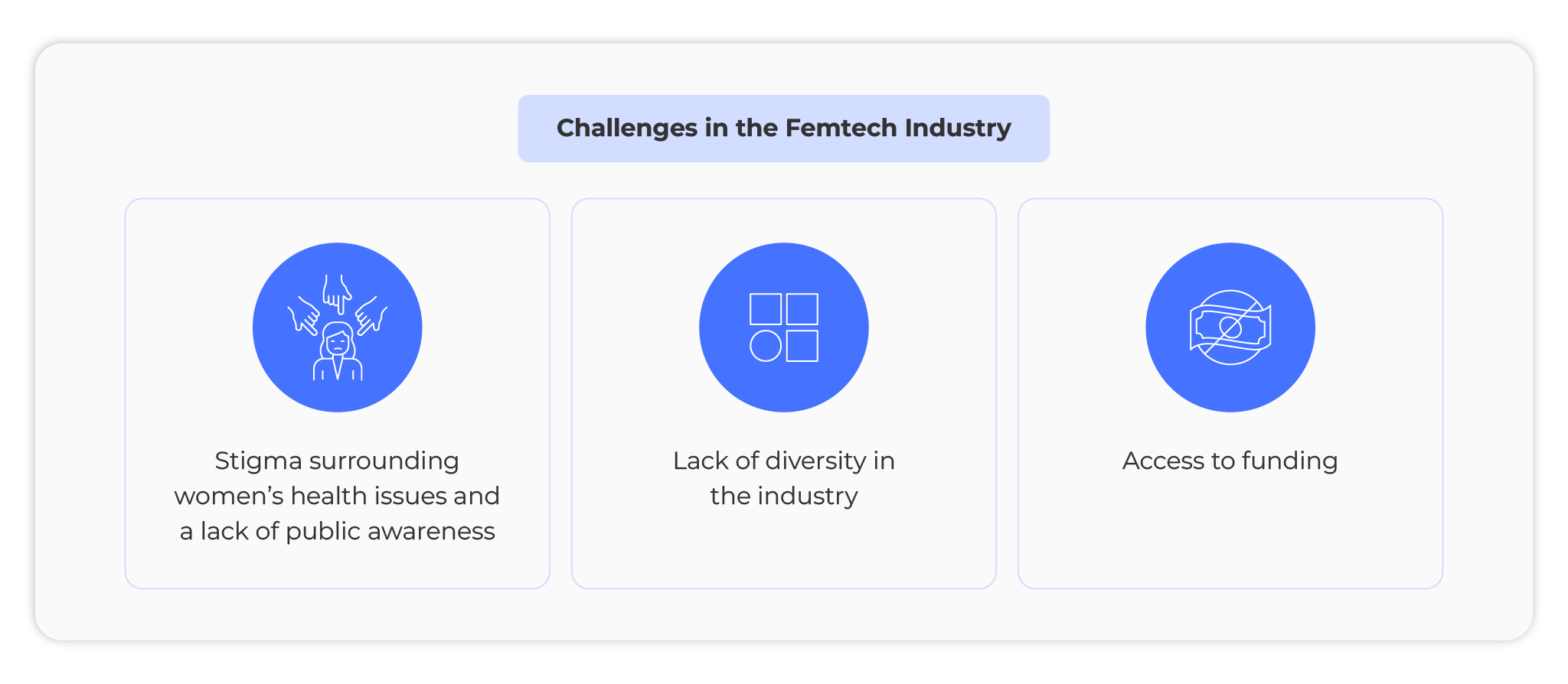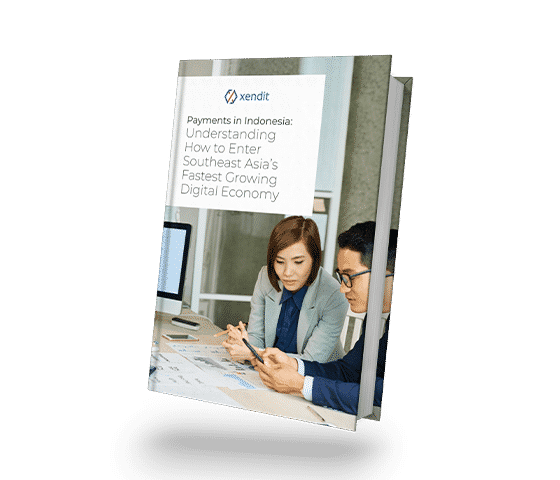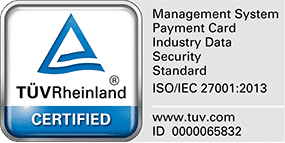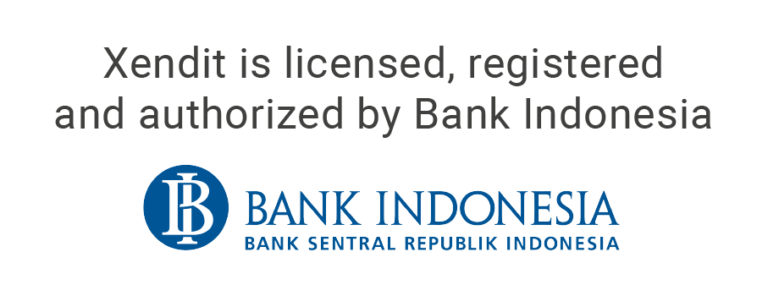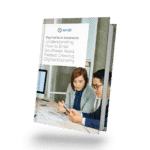Who run the world? Girls.
As we see more women become increasingly more influential in the world, Beyoncé might be right.
In the government sector, for example, there is Sri Mulyani, a former World Bank leader who has been the Minister of Finance since 2016 and was named the Best Minister in the World in 2018; Susi Pudjiastuti, the former Minister of Maritime Affairs and Fisheries who broke the stigma surrounding women in politics; and Yohana Yembise, the first woman from Papua to become a minister.
In the technology sector, there is Mesty Ariotedjo, a Forbes 30 under 30 nominee who was nominated for her website, wecare.id; Diajeng Lestari, the founder of the world’s first Muslim e-commerce store hijup.com; and of course Tessa Wijaya, Co-Founder and COO of Xendit, who is also one of the few Indonesian women to bring a startup to unicorn status.
Women’s role in technology is growing rapidly, as is evident from the increasing number of startups that provide products specifically designed to suit women’s needs–from apps for menstrual cycle to pregnancy trackers.
In fact, the potential market for digital tools targeting women–both as founders and users–has grown rapidly, giving rise to the term female technology, or femtech.
To get an inside scoop on what it’s like running femtech companies in Indonesia, we have interviewed 2 of our inspiring merchants working in this space. Read on to learn about their stories.
What is female technology (femtech)?
First, let’s understand what femtech is all about.
Femtech is a term used to describe technology-based products, services, and platforms that are designed to cater to the specific healthcare needs of women.
The COVID-19 pandemic has led to significant changes and disruptions in the healthcare industry, including the femtech sector. Health technology started to garner interest because of the ease of access it provides. In some ways, the pandemic has also raised awareness of the need for technology solutions, particularly in women’s health.
In Indonesia, apps and telemedicine are the most popular femtech products and services, taking first and second place respectively with 54% and 38% of respondents using them. Meanwhile, non-subscription health products related to sexual health or wellness are the least popular, at just 17%.
Even though femtech is still relatively new and small compared to other aspects of the technology sector, its rapid development has attracted the attention of many investors and large companies globally. In 2021, the total funding for the industry reached $14 billion–a fourfold increase since 2015.
Based on these trends, we believe Indonesia can contribute significantly to realizing the market potential of femtech startups, predicted to reach $50 billion in 2025.
Women’s role in health technology
Globally, women play an increasingly influential role in the healthcare industry as founders, players, and consumers.
In Indonesia, however, the role of women in technology companies is still relatively low, at only 22%–far below the average in Southeast Asia, which is 39%.
Let’s get to know these inspiring Indonesian femtech founders!
To know more about femtech startups in Indonesia, take a look at the fascinating stories behind two of our merchants’ businesses!
Nona Woman
Nona Woman is a femtech platform focused on fighting gender inequality and, more specifically, period poverty. This social impact-driven startup was launched by Nicole Jizhar & Monica Pranatajaya in March 2021.
Nona Woman was founded to break the taboo and normalize period talk. With their campaign #revolusimenstruasi (period revolution), Nona Woman embodies an all-encompassing platform for women’s health by addressing access to good quality products, education, and a support system.
So far, they have launched various products, including organic menstrual pads, intimate wash, and a period tracking app.
“We don’t want to just develop products. We want to create a movement to break the stigma surrounding menstruation, as there are still many women who are not aware of their own bodies and reproductive system. One reason this happens is that in Indonesia, menstruation is still considered a taboo, unlike what is happening in other parts of the world,” said Monica, Co-Founder & CFO of Nona Woman.
To this end, Nona Woman routinely organizes various educational activities for women. For example, they regularly invite professionals and experts to speak on their podcast series Nona Chats, or to be interviewed and featured in their Nona Diaries online articles. Furthermore, they frequently give back to the community by providing free educational webinars and menstrual products, and by creating safe spaces for women to discuss their health concerns and queries.
“We have conducted several free webinars and community events, and we have distributed menstrual products to organizations, orphanages, and communities in Indonesia–the farthest of which has been in Papua. We want to give back as much as possible to the community. This is in line with Nona Woman’s vision and mission,” explained Nicole, Co-Founder and CEO of Nona Woman.
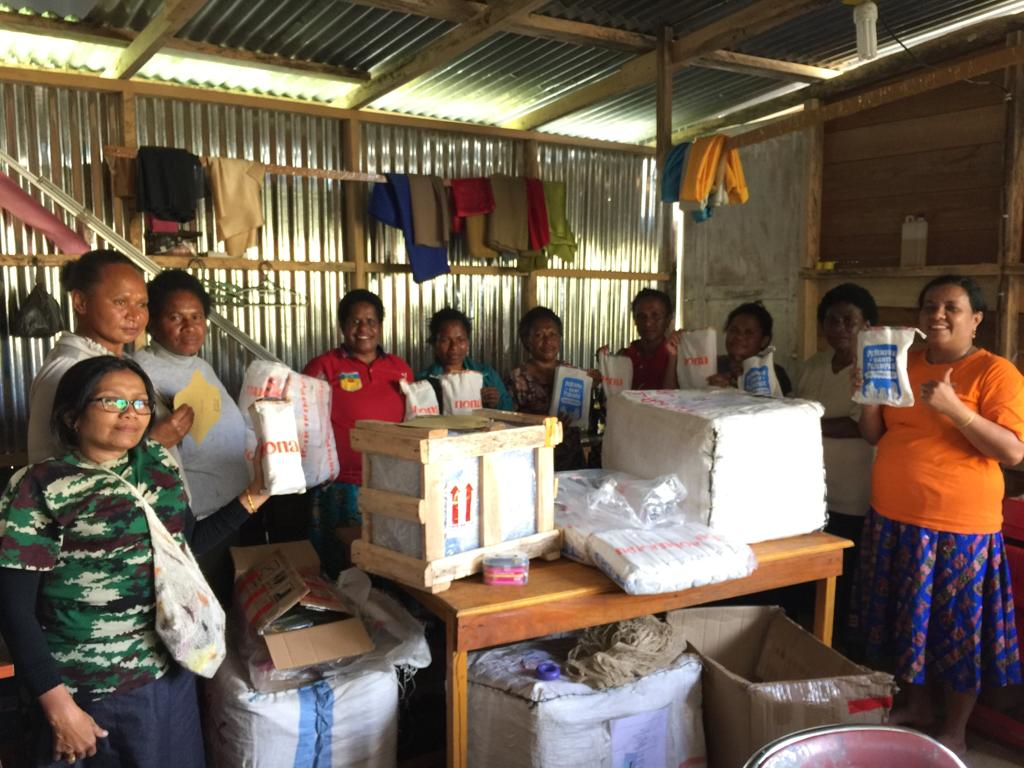
Menjadi Ibu
Concerned about the quality of parenting in Indonesia, Ratih Ayu Wulandari, a doctor and Certified Lactation Counselor, established Menjadi Ibu (which translates to Becoming a Mother), a website that focuses on parenting, breastfeeding, and other educational classes.
She initiated these classes based on her daily experiences in the field. As a practicing doctor, she often encounters new moms who are still confused with their new role as a mother. They don’t know what to do or where to find a credible source of information, other than by going to the hospital and seeing a doctor directly.
However, going to the hospital might be inconvenient and inefficient, especially for new moms who cannot leave their newborns alone. After much consideration, Dr. Ratih decided to start a mini-class in her home, with limited seats. To her surprise, demand was unexpectedly high, and from that moment on, Menjadi Ibu continued to grow.
When the pandemic hit in 2020, she had to switch all her classes online. Despite that, the moms continued to be enthusiastic. In fact, the convenience of video-based lessons, accessible 24/7 through the website, turned into a new market opportunity.
“I’m a tech-savvy person, and I have been blogging since 2012. So, when the pandemic hit, it wasn’t hard for me to switch my business online. I wanted to help more moms–especially new moms who still don’t quite understand their new role as a mother. So, I focused on developing Menjadi Ibu online,” explained Dr. Ratih.
This further development involved introducing various new topics for her classes, including MPASI (complementary feeding) recipes and baby swimming classes.
The wellbeing of mothers and children is what ultimately drives Dr. Ratih to do what she does. For example, one of the things she wants to help reduce is the prevalence of stunting in children under five, which is currently considered quite high at 24.4%.
“By continuing to develop Menjadi Ibu, I hope I can play my part in supporting the government’s efforts to reduce the prevalence of stunting in Indonesia,” said Dr. Ratih.
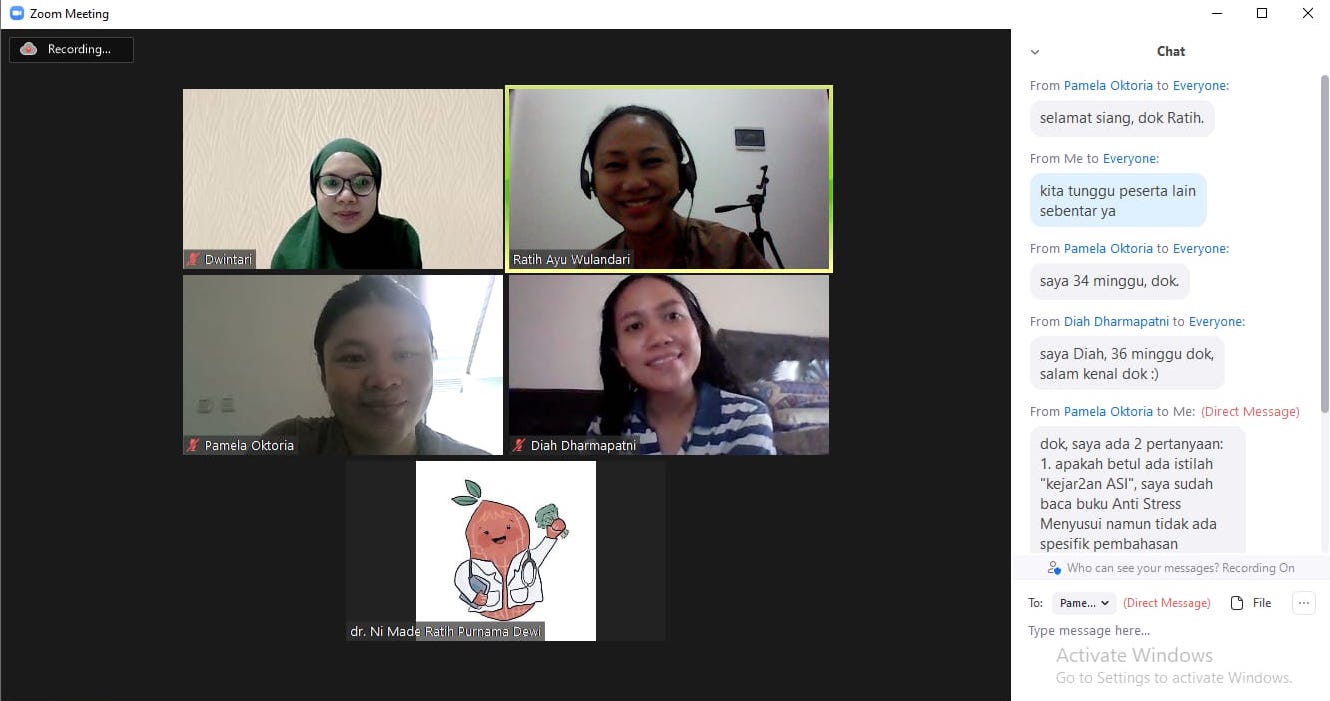

How Nona Woman and Menjadi Ibu are overcoming challenges in the femtech industry
Building successful femtech businesses is not without its challenges. Here are some of the main problems that entrepreneurs in this industry tend to face, and how Nona Woman and Menjadi Ibu have been overcoming them!
- Stigma surrounding women’s health issues and a lack of public awareness
The lack of understanding of women’s health issues means many women may not be aware of the products and services available to them, or may even feel uncomfortable discussing their health issues openly. This can make it difficult for femtech startups to reach their target market and build a customer base.To overcome this problem, Nona Woman created a digital campaign to break this stigma. Through their social media initiatives, and both online and offline events, they are helping to raise women’s awareness about the importance of investing in their health. - Lack of diversity
Many companies in the industry create similar products. This can confuse consumers who don’t understand the full context or value of the products they are evaluating.Menjadi Ibu’s founder, Dr. Ratih, believes that her company can positively influence customers’ decisions with knowledge supported by sound data and professional opinions, as well as a good communication style.“Basically, customers will choose a product based on what they need. So, we make sure we produce good quality products and differentiate ourselves against other similar products–whether it’s in terms of business value or simply based on our method of communication,” said Dr. Ratih. - Access to funding
Although the femtech industry is growing, it can be difficult to attract investors–particularly those who may not fully understand the market or its potential. This lack of funding can limit the ability of startups to develop and market their products and services, as well as to hire the talents they need to grow their businesses.To overcome this problem, Nona Woman actively socializes their cause by regularly networking with investors and fellow entrepreneurs. They participate in various startup competitions and incubator programs such as London Business School’s E-Club Booster Competition and Startup Studio Indonesia.”We regularly participate in incubator programs, not only to gain opportunities for future funding, but also to foster a strong network of fellow entrepreneurs and mentors to expand our perspectives in order to grow the business,” said Nicole.
Xendit supports women’s empowerment and we’re proud to be working with these women entrepreneurs!
As a fintech company, Xendit is very excited to continue supporting these inspiring femtech businesses and female founders! We look forward to working with even more femtech companies in the future.
Internally, Xendit has always been consistent in empowering women employees since the very beginning. We have a women-friendly work culture–prioritizing equity and promoting a balanced gender ratio by creating a safe and healthy work environment. So far, over 30% (and growing!) of Xendit employees are women, located across several countries.
We believe that women have the potential to contribute a lot more. McKinsey Global Institute (MGI)’s research found that if women participate in the economy identically as men, they could add as much as $28 trillion or 26% to GDP by 2025–a value comparable to the combined value of the United States and China’s economies.
That’s some impressive stats!
We hope to be able to continue empowering women in the startup industry and to play our small part in boosting women’s contributions to the world.





